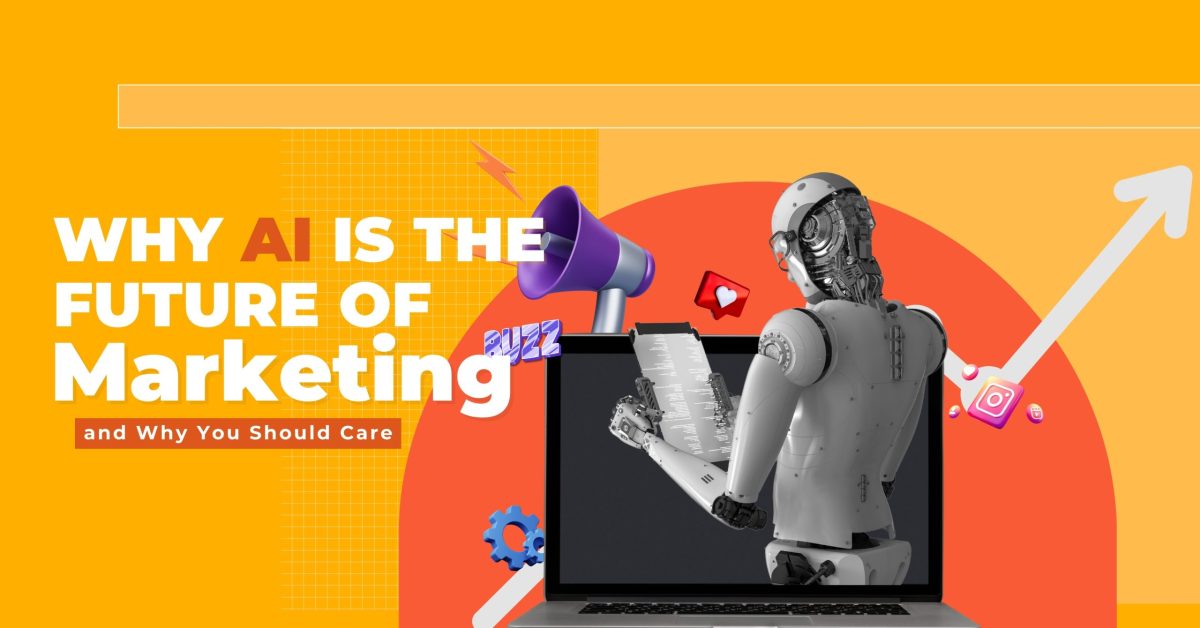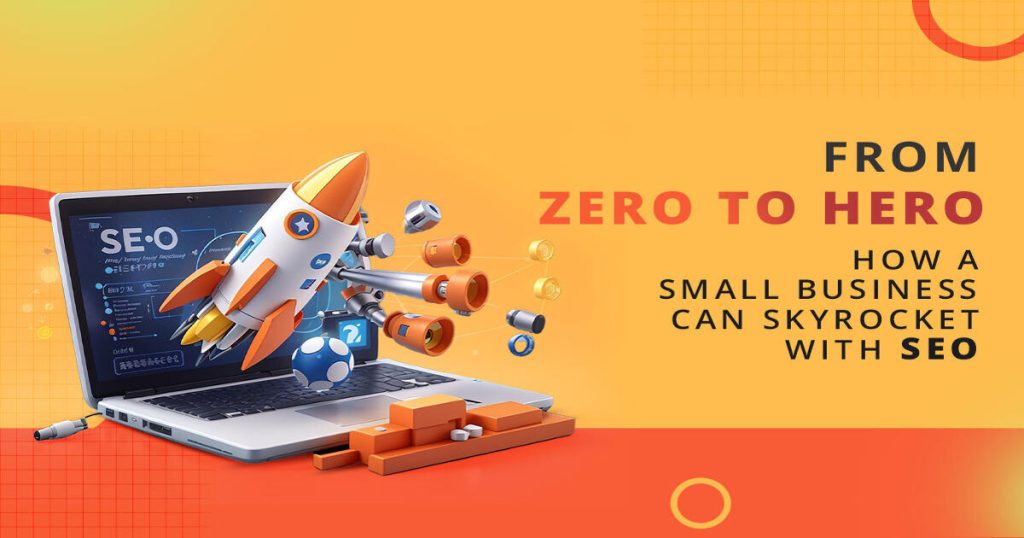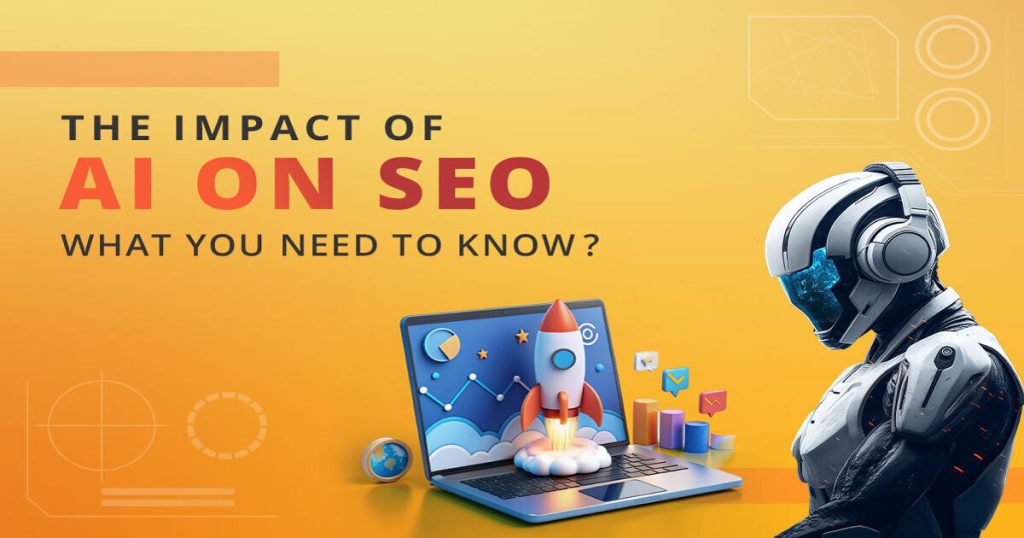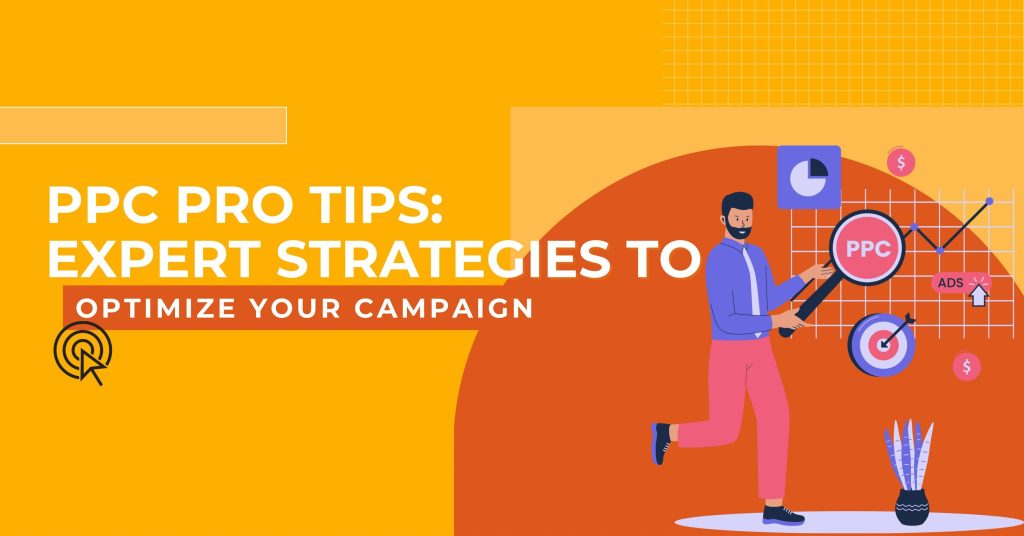Artificial Intelligence (AI) is like a super brain that helps us do things better and faster. In the world of marketing, it’s like having a super helper who can do a lot of work quickly and accurately. This super helper is not just any helper; it’s a helper that learns from its experiences and improves over time. This is what makes AI so powerful and transformative.
AI: The Super Brain in Marketing
In the realm of marketing, AI is revolutionizing the way we understand and interact with our customers. It’s like having a crystal ball that can predict customer behaviour, preferences, and trends. But unlike a crystal ball, AI doesn’t just make guesses; it uses data to make informed predictions.
AI uses machine learning, a type of AI where machines can learn from data without being explicitly programmed, to automate decision-making processes. This means it can make decisions based on patterns it identifies in data, making marketing campaigns more effective and efficient.
Real-Life Example: Starbucks’ Personal Touch
Starbucks, the global coffeehouse chain, is a great example of a company using AI effectively. They use AI to analyse customer data and behaviour, which allows them to personalize their mobile app experience for each customer.
When you open the Starbucks app, the messages and offers you see have been tailored to your preferences based on your past orders and app usage. This personalization makes customers feel valued and understood, which in turn increases customer loyalty and satisfaction.
AI: The New Normal in Marketing
AI is changing the game in digital marketing. It’s reducing mistakes and making marketing work smoother. And while we humans are still needed for understanding feelings and telling stories, AI is great at things like predicting what customers will like and where to place ads.
AI can analyse vast amounts of data in a fraction of the time it would take a human. This allows marketers to gain insights into customer behaviour and trends quickly and accurately. These insights can then be used to create more effective marketing strategies.
Real-Life Example: Netflix’s Personalized Recommendations
Netflix, the popular streaming service, uses AI to suggest what to watch next. By analysing your viewing history and ratings, Netflix can suggest shows and movies that you’ll probably enjoy.
This personalization enhances the user experience by making it easier for users to find content they’ll love. It also increases user engagement and satisfaction, as users are more likely to continue using a service that consistently recommends content they enjoy.
AI’s Growing Influence in Marketing and Sales
A survey in 2020 showed that marketing and sales are one of the top areas where AI is being used. Some businesses even said that AI helped them earn more money. Since then, more and more businesses are using AI in marketing. Businesses that don’t use AI might fall behind their competitors who do.
The use of AI in marketing and sales is not just a trend; it’s a fundamental shift in the way businesses operate. As more businesses start to realize the benefits of AI, it’s likely that the use of AI in marketing and sales will continue to grow.
Real-Life Example: Amazon’s Product Recommendations
Amazon, the e-commerce giant, uses AI to suggest products to customers. By analysing your purchase history and browsing behaviour, Amazon can suggest other products that you might want to buy.
This personalization enhances the shopping experience by making it easier for customers to find products they’ll love. It also increases sales, as customers are more likely to buy products that are recommended based on their past purchases and preferences.
How AI Helps in B2B Marketing
AI can also help in B2B (business-to-business) marketing. Here are some ways how:
Better Campaigns
AI can help predict how well a marketing campaign will do and make it better. For example, AI can analyse data from past campaigns to figure out where to place ads to get more people to engage with them.
This predictive capability allows marketers to optimize their campaigns for maximum effectiveness. By knowing where to place ads, marketers can reach more potential customers and increase engagement.
Faster Decisions
AI can help make decisions faster by automating the process of looking at data. It can analyse data from past sales to predict what customers will buy, making it a game-changer for businesses.
This predictive capability allows businesses to anticipate customer needs and respond accordingly. By knowing what customers are likely to buy, businesses can tailor their marketing strategies to meet these needs.
Tracking Success
AI can track how well a marketing campaign is doing across many different places where customers interact with the business. This helps businesses adjust their strategies for better performance.
By tracking campaign effectiveness, businesses can see what’s working and what’s not. This allows them to make necessary adjustments to improve their marketing strategies.
Better Data Management
AI tools help make sure data is interpreted correctly and integrated well. These tools make decisions based on the data they collect, making marketing strategies more accurate and reliable.
By ensuring that data is interpreted correctly, AI tools can help businesses avoid costly mistakes. By integrating data effectively, AI tools can help businesses gain a more comprehensive understanding of their customers.
Key Parts of AI in Marketing
AI in marketing has many features and capabilities that can help marketing efforts:
Predictive Analytics
AI can look at past data to predict what will happen in the future. This helps marketers guess what customers will do and adjust their campaigns accordingly.
Predictive analytics can help marketers anticipate customer behaviour and trends. By knowing what customers are likely to do, marketers can create more effective marketing strategies.
Personalization
AI can help make marketing personal by looking at customer data and adjusting content, recommendations, and interactions to fit each person’s preferences.
Personalization can enhance the customer experience by making customers feel valued and understood. By tailoring content and interactions to each customer’s preferences, marketers can increase customer loyalty and satisfaction.
Automation
AI can do repetitive tasks like sending emails, posting on social media, and analysing data. This frees up time for marketers to focus on more important things.
Automation can help marketers save time and resources. By automating repetitive tasks, marketers can focus on strategic activities that require human creativity and judgment.
Chatbots and Intelligent Assistants
AI-powered chatbots and virtual assistants can answer customer questions, provide support, and make the user experience better by giving quick, accurate responses.
Chatbots and intelligent assistants can enhance the customer experience by providing instant, accurate responses. By answering customer questions and providing support, these AI-powered tools can increase customer satisfaction and loyalty.
Content Generation
AI can create content like articles, social media posts, and other marketing materials quickly and efficiently, keeping everything consistent and relevant.
Content generation can help marketers save time and resources. By creating content quickly and efficiently, AI can help marketers maintain consistency and relevance in their marketing materials.
Conclusion
AI in marketing is a big change in how marketers talk to customers, make their campaigns better, and achieve better results. By using AI, marketers can make their marketing more personal, make better decisions, and get a higher return on their investment. As AI keeps getting better, it will become more and more important for businesses to use it to stay competitive.
AI is not just the future of marketing; it’s the present. And if you’re not already using it in your marketing efforts, now is the time to start. Because the businesses that embrace AI today will be the ones leading the way tomorrow.




